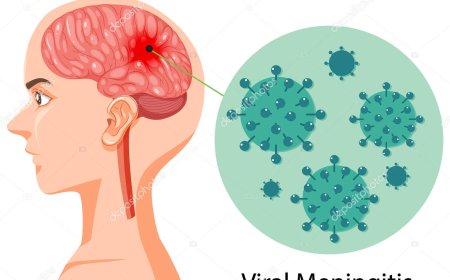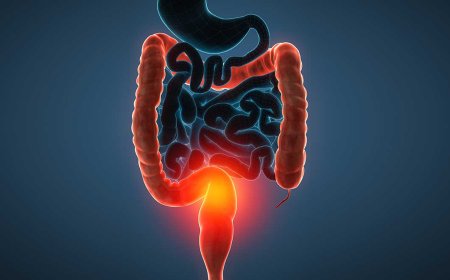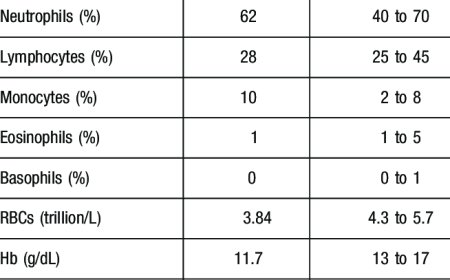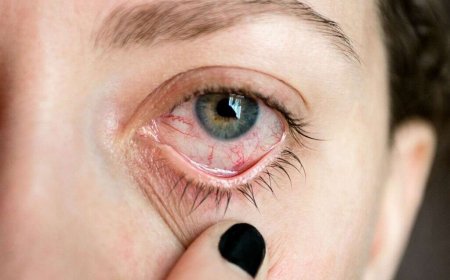Drug Allergy

Introduction:
Imagine you're sick, and the doctor prescribes you medicine to make you feel better. Most of the time, these medicines work like magic and help us recover. But sometimes, our bodies can react in an unexpected way to certain drugs, causing what we call a drug allergy. In India, just like in other countries, drug allergies can happen to anyone. Let's learn more about this condition, its symptoms, causes, and how it can be treated and prevented.
What Is Drug Allergy?
Drug allergy is a condition where the immune system, which usually protects us from harmful invaders like bacteria and viruses, overreacts to a medicine. It treats the medicine as if it's a dangerous threat and tries to fight it off, leading to various allergic reactions.
Signs and Symptoms:
When someone has a drug allergy, they may experience different symptoms, such as:
- Rash or hives (small red bumps on the skin)
- Itching
- Swelling of the face, lips, or tongue
- Difficulty breathing or wheezing
- Nausea and vomiting
- Diarrhea
- Dizziness or fainting
- Fever
How Is Drug Allergy Classified?
Drug allergies are classified into two types: immediate and delayed.
-
Immediate Allergy: This type of allergy shows up within minutes to a few hours after taking the medicine. It's the most severe type and can be life-threatening.
-
Delayed Allergy: In this type, symptoms take longer to appear, sometimes even days after taking the drug. It's usually not life-threatening but can cause discomfort and inconvenience.
Causes and Triggers:
Drug allergies can be caused by various factors. Sometimes, a person might have a genetic predisposition to certain allergies. Other times, the allergy may be triggered by repeated exposure to a drug, causing the immune system to react adversely.
Risk Factors with Examples:
Some factors may increase the risk of developing a drug allergy:
- Family History: If someone in your family has drug allergies, you might be more likely to have them too.
- Previous Allergies: If you've had allergies to foods or other substances before, you may have a higher risk of drug allergies.
- Multiple Drug Use: Taking several medications at once might increase the chances of developing a drug allergy.
For example, let's say Priya's father is allergic to penicillin, an antibiotic. Priya might also have a higher risk of being allergic to penicillin or similar antibiotics.
Types of Drug Allergy with Detailing for Each Type:
-
Penicillin Allergy: Penicillin is a common antibiotic used to treat infections. Some people may develop an allergy to penicillin, leading to rashes, itching, or even severe reactions like anaphylaxis.
-
Sulfa Allergy: Sulfa drugs are used to treat various conditions, but some people can be allergic to them. Allergic reactions to sulfa drugs may include skin rashes or more severe symptoms.
-
Aspirin and NSAID Allergy: Aspirin and nonsteroidal anti-inflammatory drugs (NSAIDs) like ibuprofen can cause allergic reactions in some individuals, leading to hives, swelling, or breathing problems.
-
Anesthetics Allergy: Certain anesthesia medications used during surgery can trigger allergies, causing skin reactions or breathing difficulties.
Diagnostic Tests and Treatments:
-
Skin Tests: Skin tests involve placing a small amount of the suspected drug on the skin's surface and observing for reactions. This helps identify the allergen.
-
Blood Tests: Blood tests can measure the levels of certain antibodies that are produced during an allergic reaction.
-
Elimination Test: If a drug allergy is suspected, the doctor might stop using the medication for a while to see if the symptoms improve.
-
Desensitization: In some cases, desensitization can be done under medical supervision, where the patient is given small amounts of the drug to build tolerance gradually.
Complications of Drug Allergy:
If a drug allergy is not recognized and managed promptly, it can lead to severe reactions like anaphylaxis, which is a life-threatening condition. Anaphylaxis causes difficulty breathing, a drop in blood pressure, and can be fatal if not treated immediately.
Prevention Techniques:
-
Medication History: Always inform your doctor about any previous drug allergies or adverse reactions before starting a new medication.
-
Medical Bracelet: People with known drug allergies can wear a medical bracelet with their allergy information, so it's easily accessible in case of emergencies.
-
Read Labels: Before taking any medicine, read the labels carefully and check for any ingredients that you might be allergic to.
Drug allergies are essential to recognize and manage, as they can lead to significant health issues. By being cautious, following prevention techniques, and informing healthcare providers about any known allergies, we can stay safe while using medications. Remember, it's always better to be safe than sorry, and seeking medical help promptly is crucial in case of any allergic reactions.
What's Your Reaction?
 Like
0
Like
0
 Dislike
0
Dislike
0
 Love
0
Love
0
 Funny
0
Funny
0
 Angry
0
Angry
0
 Sad
0
Sad
0
 Wow
0
Wow
0









































































